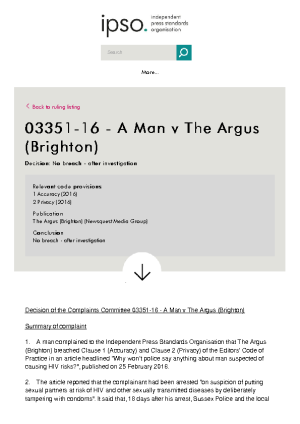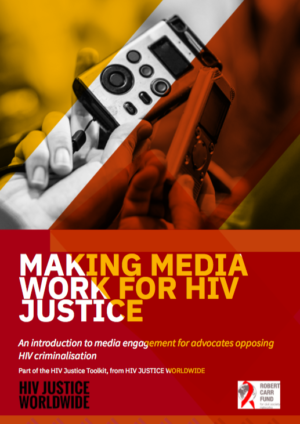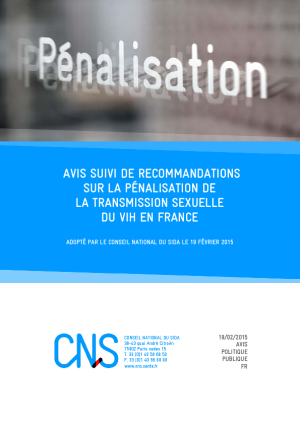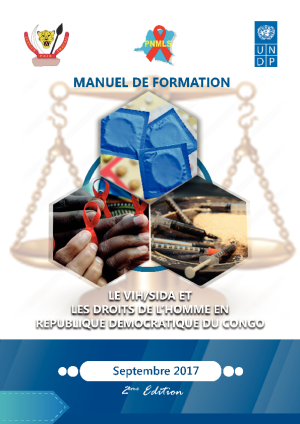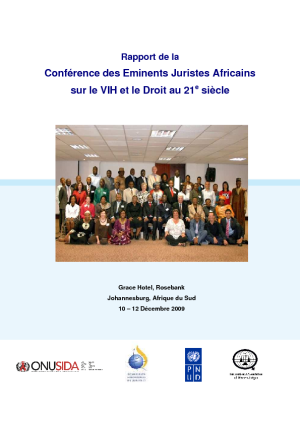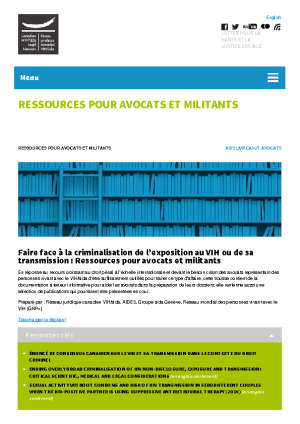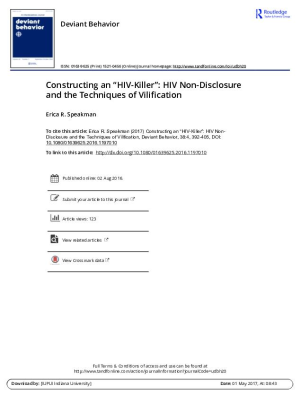HIV disclosure without consent linked to increased risk of verbal and physical violence against women living with HIV in Metro Vancouver, British Columbia
Examines the prevalence and correlates of violence against women living with HIV due to HIV status in Metro Vancouver and examines the particular impact of non-voluntary HIV disclosure. Found that WLWH who had their HIV status disclosed without consent had 5-fold increased risk of experiencing HIV-related violence. Suggests that the criminalisation of HIV non-disclosure may contribute to and reproduce gender-based violence, and raises concern about stigma, discrimination, and women’s confidentiality rights.
Decision of the Complaints Committee 03351-16 – A Man v The Argus (Brighton)
Press complaints ruling about whether or not The Argus newspaper in the UK was right publishing the name of man arrested “on suspicion of putting sexual partners at risk of HIV” before he was charged. The complaint was not upheld.
Making Media Work for HIV Justice: An introduction to media engagement for advocates opposing HIV criminalisation
The purpose of this critical media toolkit is to inform and equip global grassroots advocates who are engaged in media response to HIV criminalisation–and to demystify the practice of working with, and through, media to change the conversation around criminalisation. The toolkit provides an introduction to the topic of HIV criminalisation and the importance of engagement with media to change narratives around this unjust practice. It also features a number of case studies providing examples of how media played a significant role in the outcome, or the impetus, of HIV criminalisation advocacy. In addition, the toolkit includes reporting tips for journalists, designed to educate writers and media makers around the nuances of HIV criminalisation, and the harms of inaccurate and stigmatising coverage.
Avis suivi de recommandations sur la pénalisation de la transmission sexuelle du VIH en France
Présente une évaluation des questions juridiques, éthiques, sociétales et sanitaires soulevées par les poursuites pénales intentées en France pour des faits de transmission ou d’exposition au risque de transmission du VIH par voie sexuelle.
Manuel de Formation: Le VIH/SIDA et les Droits de l’Homme en RDC
Divisé en deux parties: La premiere est conçue pour donner aux lecteurs des informations pratiques sur le VIH/sida et les Droits de l’Homme dans le monde, en Afrique et particulièrement en RDC. La Partie B est le Manuel de Formation contenant des exercices pratique. Le Module 2, Chapitre 4 examine la criminalisation de la transmission du VIH.
Rapport de la Conférence des Eminents Juristes Africains sur le VIH et le Droit au 21e siècle
Rapport sur une conférence des éminents juristes Africains ayant pour objectifs principaux de discuter du rôle du droit et de la magistrature dans la riposte au VIH.le rôle du droit pénal dans l’épidémie (p13).
Faire face à la criminalisation de l’exposition au VIH ou de sa transmission : Ressources pour avocats et militants
En réponse au recours croissant au droit pénal à l’échelle internationale et devant le besoin criant des avocats représentant des personnes vivant avec le VIH/sida d’être suffisamment outillés pour traiter ce type d’affaire, cette trousse contient de la documentation à teneur informative pour aider les avocats dans la préparation de leurs dossiers; elle renferme aussi une sélection de publications qui pourraient être présentées en cour.
Préparé par : Réseau juridique VIH, AIDES, Groupe sida Genève, Réseau mondial des personnes vivant avec le VIH (GNP+)
Constructing an “HIV-Killer”: HIV Non-Disclosure and the Techniques of Vilification
An analysis of the notorious Canadian criminal case of Johnson Aziga. The article outlines five key ways that people living with HIV who do not disclose their status to a sexual partner are characterised as dangerous by both the criminal justice system and the media.
